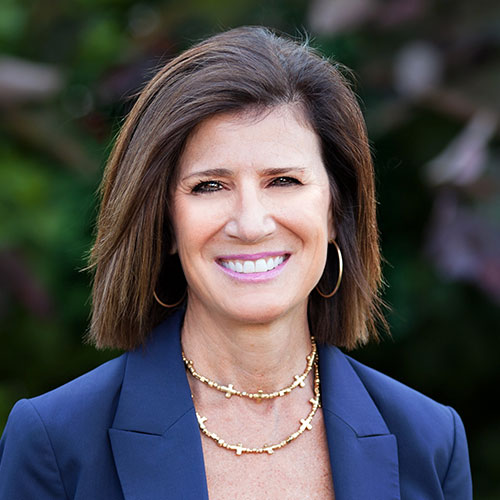article August 30, 2018
Javara CEO's Vision: Expanding Beyond Clinical Triad
Originally published by NC Biotech
Jennifer Byrne wants to take some of the error out of trials. Clinical trials, that is.
As the co-founder, CEO and board chair of Javara Inc., a privately funded Winston-Salem clinical research services firm, Byrne is convinced her company’s newly minted “Integrated Research Organization” platform offers a more-effective solution to the immense challenges of patient enrollment in clinical trials.
Currently, an estimated 7,000 drugs and devices are in the global development pipeline – a pipeline for a drug to come to market that averages 12-14 years, she noted.
“If you were to go to ClinicalTrials.gov, probably the best single resource as far as tracking clinical trial activities, and tally all of the research participants needed right now, that number is about 58 million,” said Byrne. “I see this as a public health crisis of sorts.”
Byrne acknowledges there are a variety of business models being tried to improve the drug -development process. North Carolinians have most of them at their fingertips, because the contract research industry was founded here and North Carolina remains its global hub.

“What’s built into Javara’s plan is to ‘democratize’ clinical trial participation,” Byrne explained, using the term common in the industry that means empowering patients with information and access, so they can make decisions about their health care in partnership with their providers.
Javara hopes to do this is by embedding itself within health systems and aligning patient and physician needs across the systems with those of existing clinical trials. The goal, said Byrne, is a win-win-win: patients gain access to clinical trials as a form of potential treatment; health systems can scale research activities in a financially sound manner; and pharmaceutical companies get the volunteers they need to conduct the science that brings more drugs and devices to market.
“Today, biopharmaceutical companies are developing truly innovative therapies for patients. Yet, patients, who simply cannot wait, continue to face incredible challenges in accessing clinical trials and frustration in the slow completion of clinical trials,” said Jeff Kasher, Ph.D, a pharmaceutical development executive and Javara board director. “By focusing on the healthcare ecosystem, Javara aims to make clinical research more efficient, relevant and more accessible.”
Business model merges research volunteering, health care
Javara’s business model is to partner with a health system so effectively that patient participation in clinical research can become an appropriate care option, explained Byrne. This is particularly appropriate in management of chronic diseases. For example, clinical trial participation gives diabetes patients access to more monitoring by clinicians and encourages the patients’ improved compliance, which leads to better health outcomes for the participants themselves.
This is different from patient participation in clinical trials purely for the sake of altruism – advancement of the science to benefit future patients.
Thus, according to Byrne, Javara’s business model depends entirely upon the nature of the partnership arrangement it has with each health system. In other words, a health system may deem Javara’s services so valuable to its own goals of improved patient health outcomes, while lowering costs, that it contracts directly with Javara to embed within it and enroll targeted patients in clinical trials. Meanwhile, pharmaceutical companies will also contract with Javara in that capacity for including the right patient for the right trial at the right time, and other services to manage clinical trial execution.
Aiming at hiring 2,000 nationwide in next five years
Javara already has seven employees after its first two months of operation, and Byrne expects that to grow in the next five years to as many as 2,000 by 2023. The company plans to have employees embedded in health systems across the U.S. Byrne sees the firm’s value in the way it intends to deploy highly trained clinical trial professionals across each health system.
“Javara has the potential for long-term impact as a new innovative solution for clinical trials within North Carolina’s established and growing contract service organization cluster,” said Nancy Johnston, executive director of the North Carolina Biotechnology Center’s Piedmont Triad Office. “Strengthening strategic partnerships with our universities and community colleges to provide skilled talent will further advance this potential.”
Byrne serves on NCBiotech’s Advisory Committee for Biotechnology in the Piedmont Triad, which advocates for bioscience development in the region.
“Javara” is a Hindi word for “tide,” explained Byrne. “Tides rise and fall, just as science has success and failures. However, tides are resilient as, so, too, must Javara and our collaborators be relentless in the pursuit of finding new cures and improving well-being.”
Byrne is a long-time clinical research leader committed to increasing the level of participation in clinical trials. She is the former CEO of PMG Research, another clinical research organization based in Winston-Salem, and founder of Greater Gift, a 501(c)3 organization that donates vaccine doses internationally for every clinical trial participant with partner organizations.
Share




